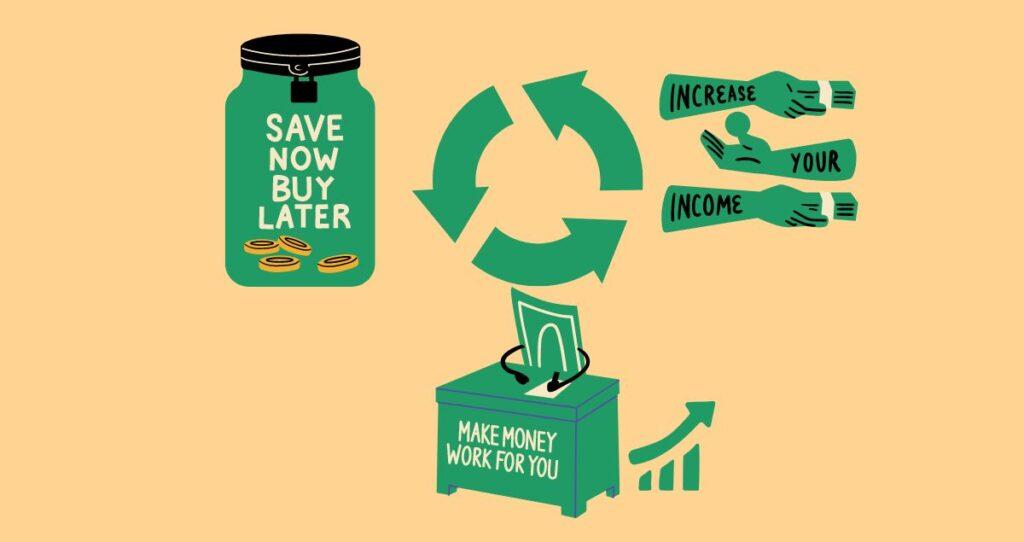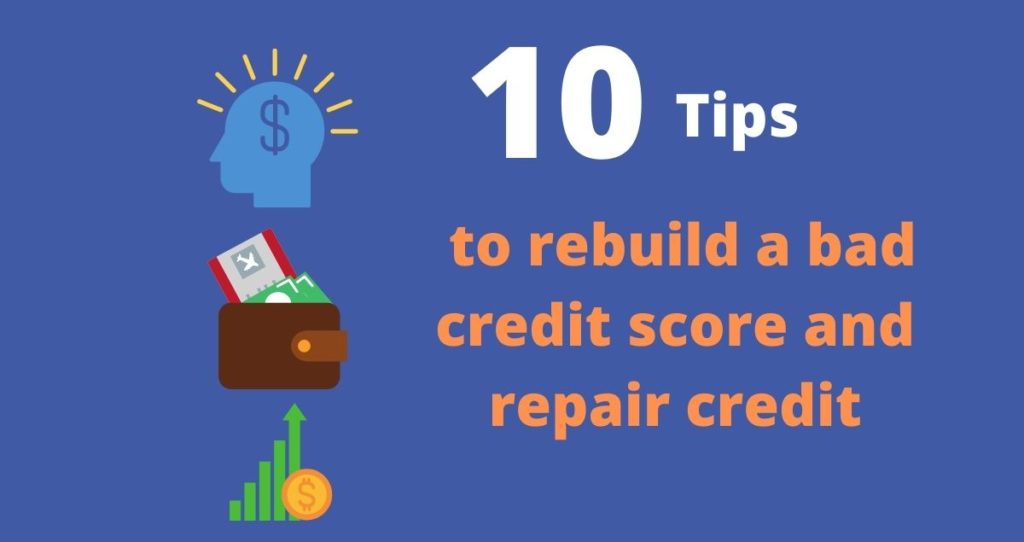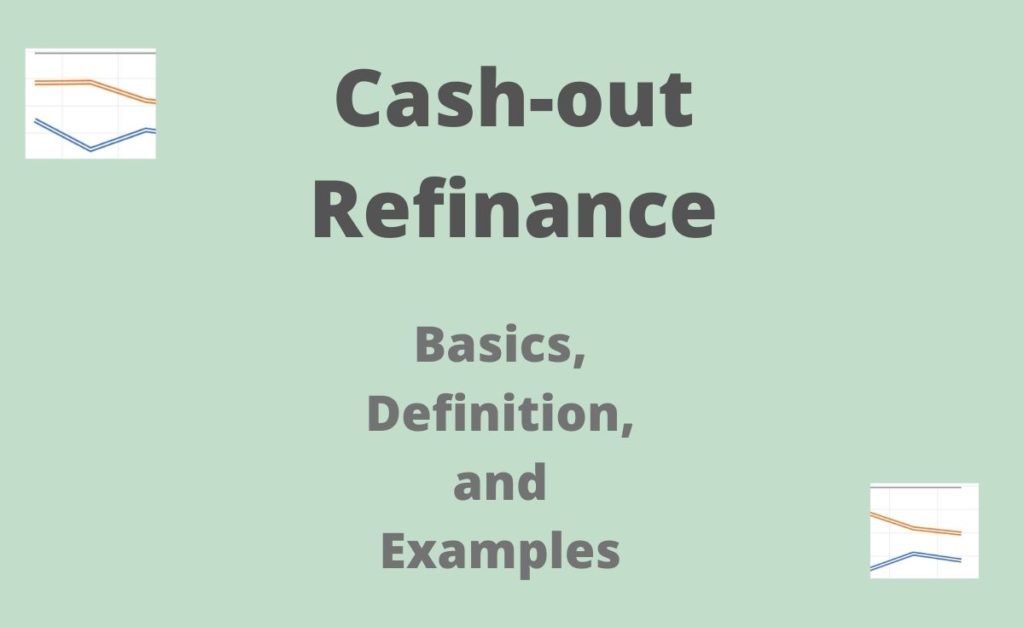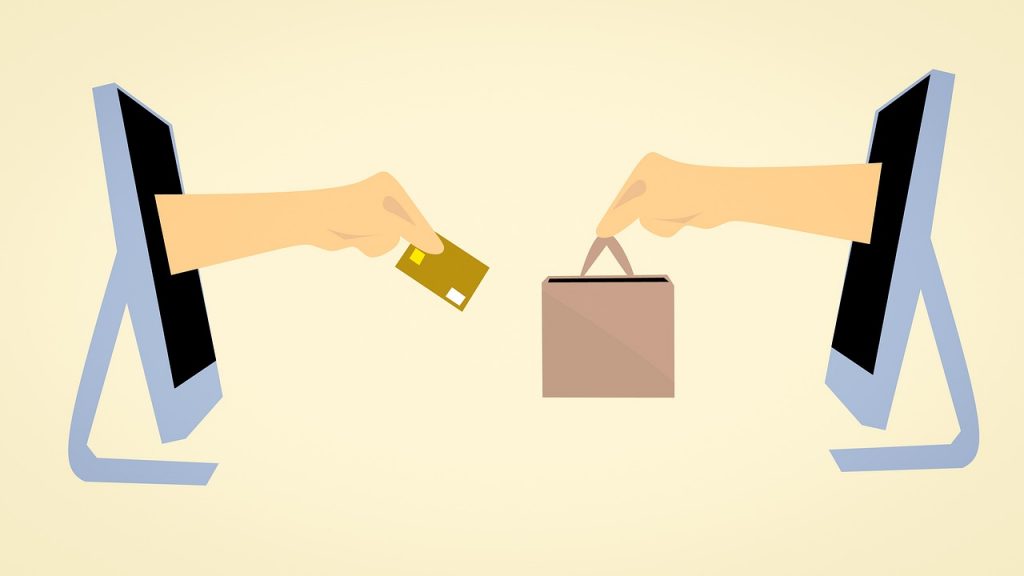It is possible that you will not pay off your credit card debt in your lifetime. When you die, however, your debt will not die with you. The main question is, what happens to your credit card debt after death?
Your debt will be paid by your beneficiary or the person who will get the will after you die. This is because they will inherit your assets after you die. As a result, those assets will be used to pay off your credit card debt before they legally own those them.
Your assets can include but not limited to
- Cash
- Property
- Cars
- Land
- Bank accounts
- Investment
- etc
What happens to credit card debt after death?
When a credit card debt holder dies, there are people who will be liable for that debt.
According to USNews, you could end up paying off the credit card debt of a deceased person if you fall into one of the following categories.
- If you have a joint property or business with the person who died
- You were a co-signer of a credit card or a debt for the person who passed away
- You are required by law to pay off the debt
- Or you live in the following states: Idaho, Wisconsin, Texas, Nevada, California, Washington, Arizona, New Mexico, and Louisiana
Many options will be considered when settling the debt. Some factors such as marriages, having assets, etc will be considered when settling your debt.
What should you do when a credit card debt holder dies?
It is very important to take proper steps when dealing with credit card debt after the cardholder dies especially if you are a beneficiary or will get the will.
The following steps can help you navigate this difficult situations with ease.
- Do not use the credit card: Even if you are an authorized user of the card, it is important to stop using the credit card immediately after the cardholder dies. More credit card use will increase the debt on the card and will become very difficult to pay it off. In addition, using a credit card after the owner dies is considered to be a credit card fraud and you may face legal actions.
- Notify the Credit card provider and credit reporting companies: The account of a credit cardholder who died must be closed. If you are a beneficiary, co-signer of the card, an authorized user, or know the person, you should let the card provider and credit reporting companies know. The following are credit reporting companies: Equifax, TransUnion, and Experian. Credit reporting companies put together a credit report and calculate a credit score. So, after a person dies, these reports will not be calculated anymore.
- Collect records of the deceased cardholder: If you will assume the debt of a person who died, you should start putting records together. This will help you get ready for added financial responsibilities on your shoulders. The information and records you need to collect include but not limited to all credit cards of the person who died, birth and death certificates, all financial accounts he/she had, recurring payments and charges, etc.
What should you do to avoid passing down your debt to loved ones?
The best thing you can do to avoid passing down your credit card debt is to not have it in the first place.
However, it is difficult to live debt free in these days.
The best thing you can do is to pay off as much as you can. Make sure that you pay more than the minimum requirement every month.
Furthermore, do not overuse your credit card. Keeping your credit cards balance low will make it easy to pay them off.









